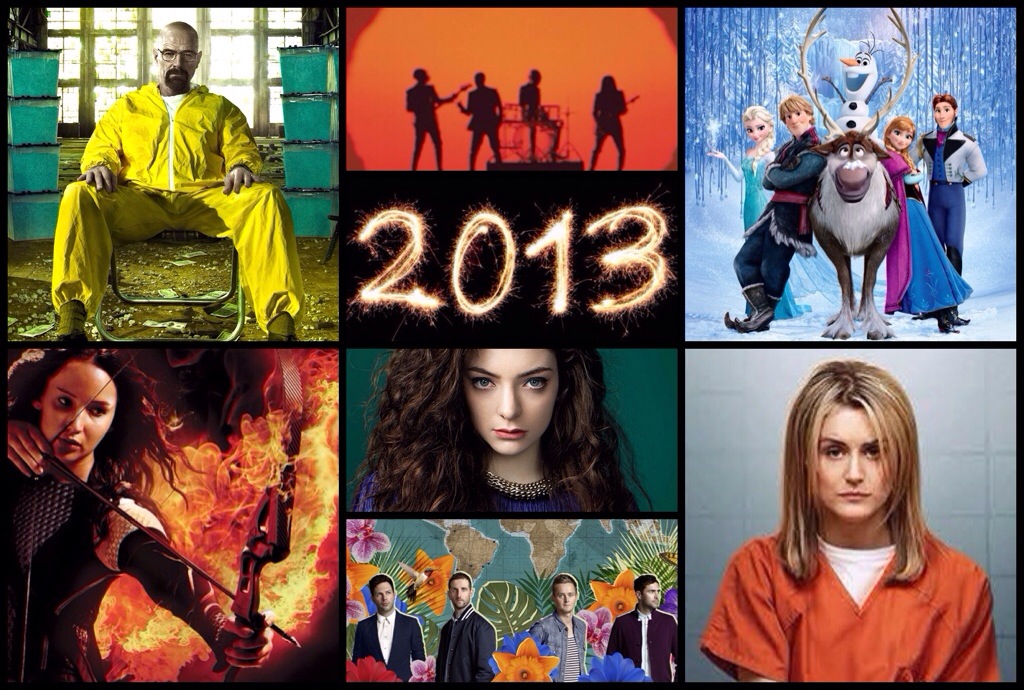Rise by Six: Your Daily Dose of Inspiration
Explore insights and stories that elevate your day.
Pop Culture's Greatest Hits: Where Nostalgia Meets Now
Explore the best of pop culture nostalgia and discover how yesterday's hits shape today's trends in our exciting journey through time!
The Evolution of Iconic 90s TV Shows: What Keeps Us Coming Back?
The 1990s were a golden era for television, giving rise to an array of iconic shows that shaped pop culture. From the quirky humor of Friends to the dramatic narratives of The X-Files, these series not only entertained but also captured the essence of a generation. Each show brought to life relatable characters, unique storylines, and unforgettable catchphrases that continue to resonate today. Many fans find themselves revisiting these classics, drawn by a sense of nostalgia and the comfort of familiar themes, making them timeless in a rapidly changing media landscape.
What keeps us coming back to these 90s TV shows? One reason is the universal themes explored within them, such as friendship, love, and personal growth. Moreover, the distinct production styles and cultural references evoke a specific sense of time that allows viewers to relive their youth. The nostalgic appeal of characters like the wise-cracking Chandler Bing or the adventurous Mulder is hard to resist. With the availability of streaming services, audiences can binge-watch these beloved series, reinforcing their cultural significance and reminding us of a simpler time when television shared a more communal experience with audiences around the globe.

Revisiting the Soundtracks of Our Lives: How Music Defines Generations
Music has always been a powerful force in shaping our emotions and experiences, marking important milestones in our lives. From the joyous tunes of childhood to the anthems of teenage rebellion, each era is defined by its unique soundtrack. Revisiting the soundtracks of our lives allows us to reflect on the way music influences not just personal memories but also collective identities across generations. For example, the vibrant rock 'n' roll of the 1960s carved out a cultural revolution, while the hip-hop beats of the 1980s and 1990s became synonymous with social change and empowerment.
As we journey through different life stages, the songs that resonate with us often create a tapestry of shared experiences. It's fascinating to observe how music defines generations, connecting individuals through emotions and shared moments. Whether it’s a graduation anthem that marks academic milestones or a romantic ballad associated with first love, each track becomes a marker of time. Additionally, platforms like streaming services have made it easier than ever to rediscover and relive these soundtracks, fostering nostalgia and strengthening our bonds with others who have walked similar paths.
From Retro to Relevant: How Classic Movies Influence Today's Blockbusters
Classic movies have always held a special place in the hearts of film enthusiasts, and their influence on today's blockbusters is undeniable. From the iconic storytelling techniques of the 1950s to the groundbreaking special effects of the 80s, filmmakers have been drawing inspiration from these retrospectives. For example, the use of non-linear narratives made famous by classics like Pulp Fiction has become a standard in many contemporary films. Moreover, directors often pay homage to these classics through visual aesthetics and thematic elements, reminding audiences of the rich history of filmmaking.
Furthermore, the nostalgia associated with retro films can significantly impact modern marketing strategies, leading to reboots and sequels that resonate with both older and younger audiences. Movies like Stranger Things and It draw heavily from the cultural zeitgeist of the 80s, incorporating elements that not only attract seasoned fans but also captivate a new generation. This trend illustrates how classic movies are not merely relics of the past; instead, they are a continual source of creativity and influence that shapes the narrative landscape, proving that what was once retro can easily become relevant again.